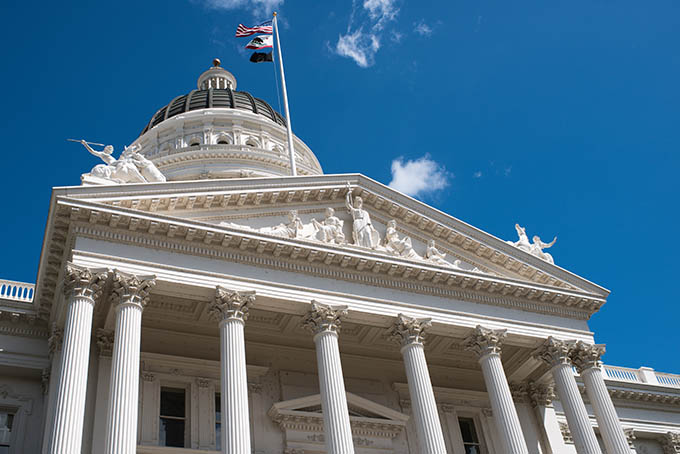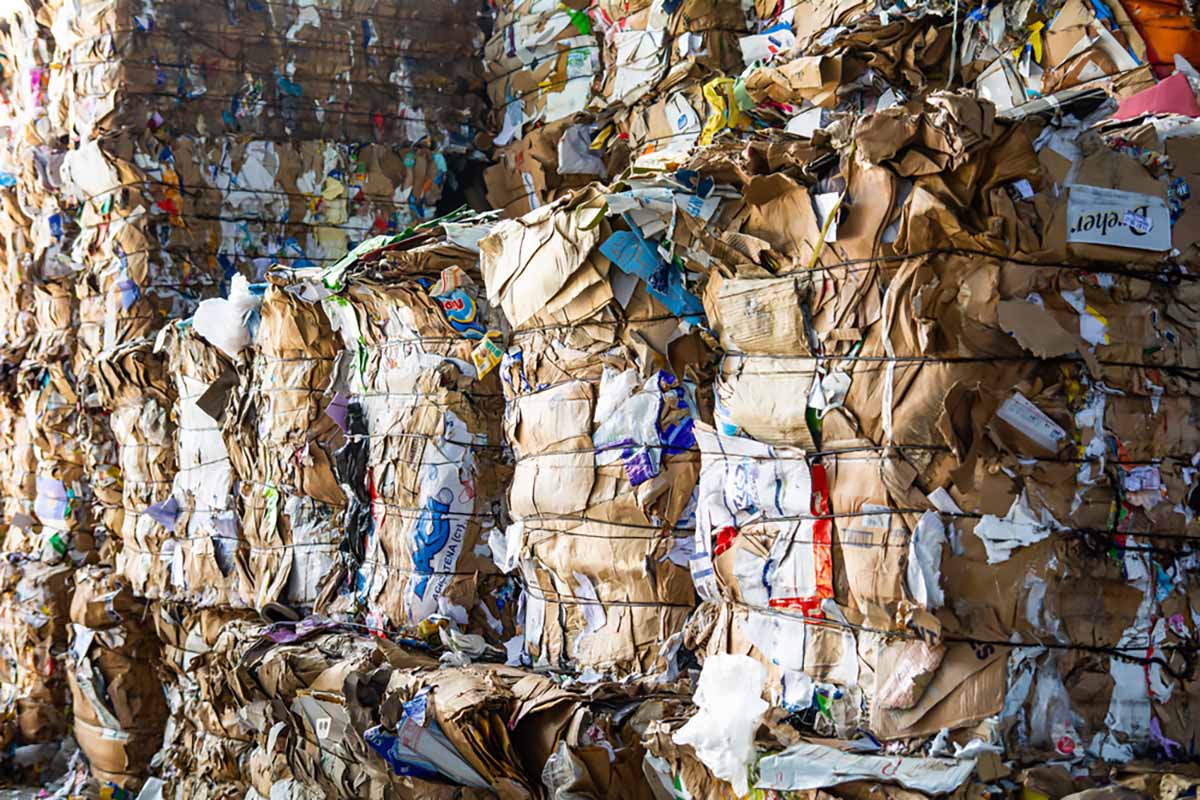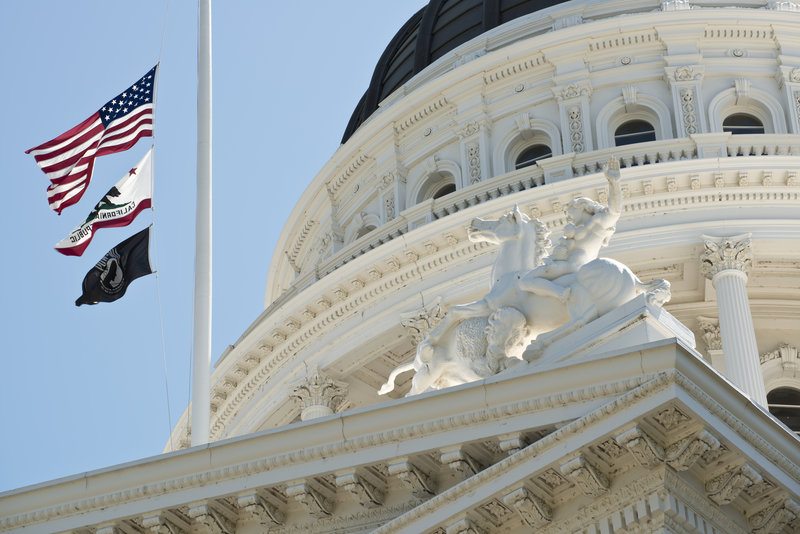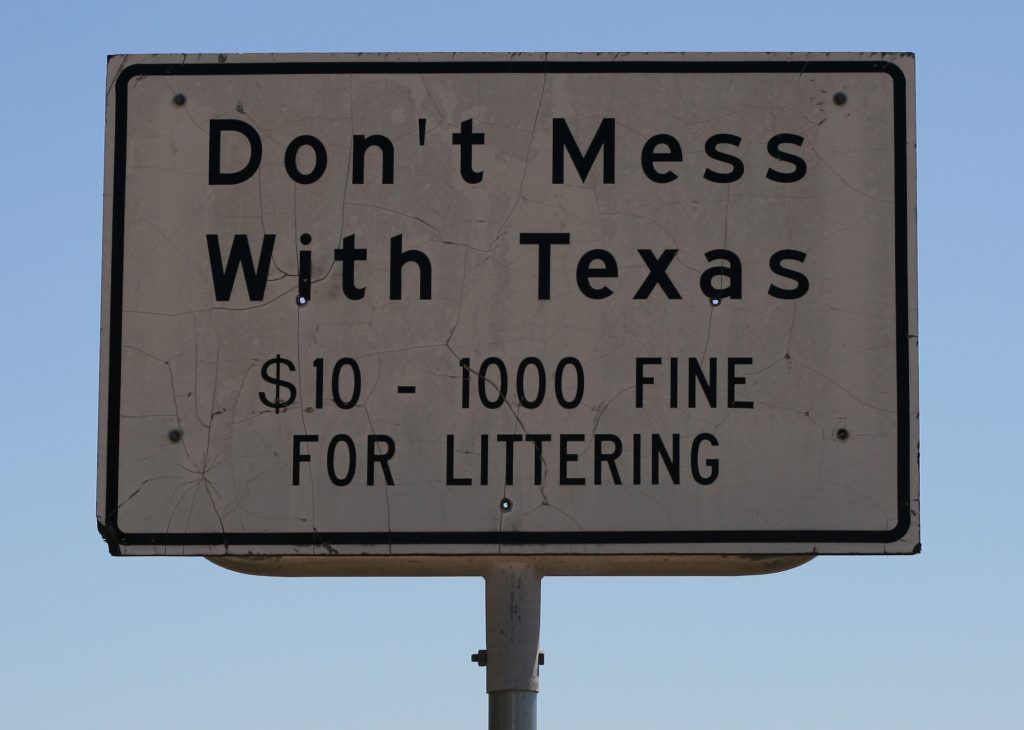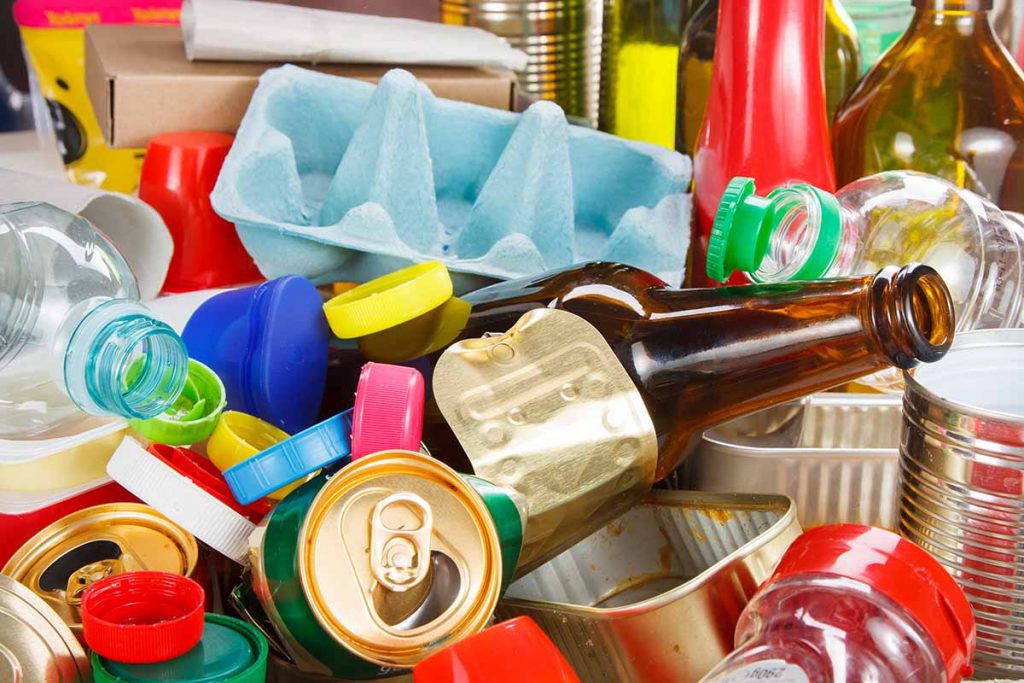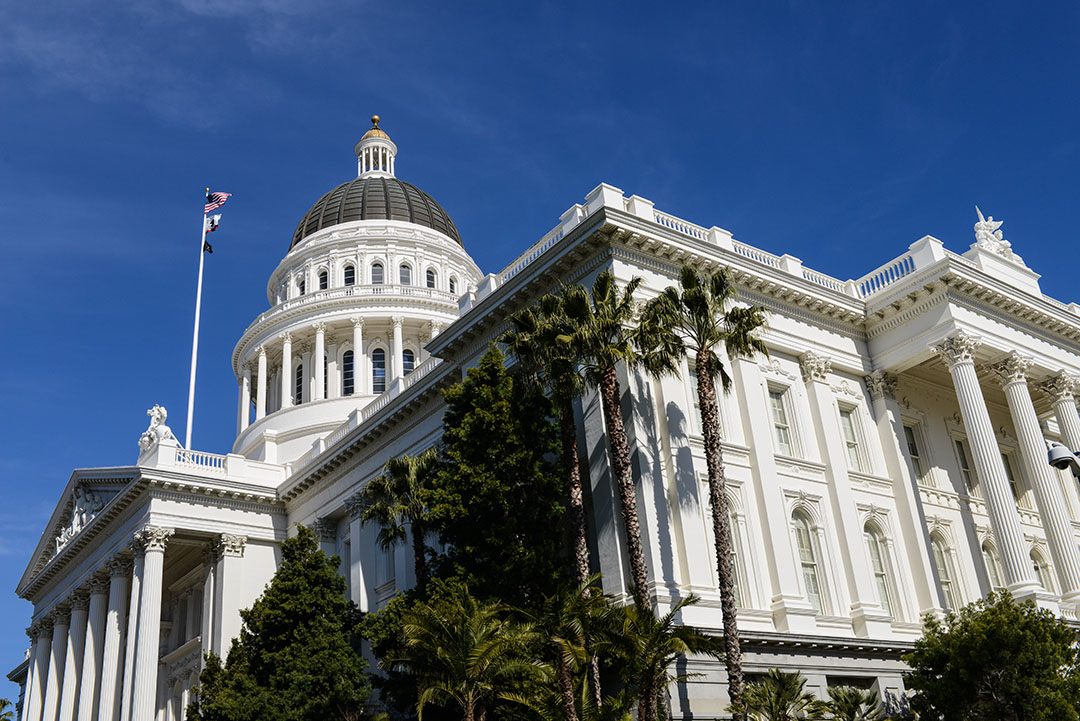
Around 200 regulators, extended producer responsibility advocates, manufacturers and others gathered at the 2025 Product Stewardship Forum to talk about EPR. | Dan Holtmeyer/Resource Recycling
Extended producer responsibility policies for all sorts of materials — packaging, paint, batteries, vapes — are riding a wave of momentum across the U.S. and are poised to continue expanding to more states, several industry leaders said at the 2025 Product Stewardship Forum outside of Chicago last week. Continue Reading


